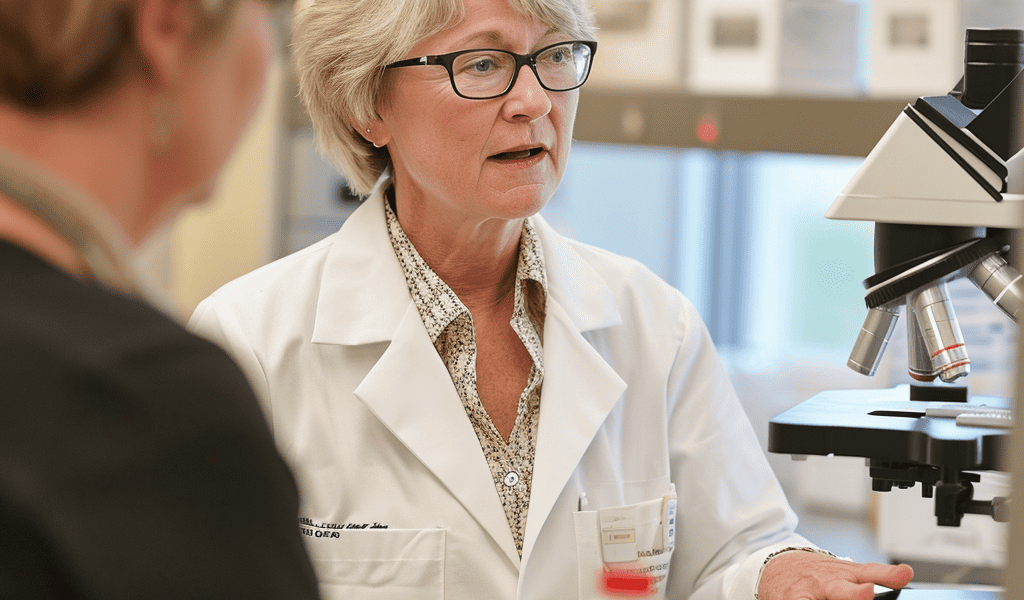In a recent interview with Targeted Oncology, Dr. Louise Morrell discussed the evolving landscape of genetic testing in oncology and the latest advancements in the field.
The use of genetic testing in oncology has seen significant expansion in recent years, with a transformative impact on understanding DNA in cancer. The identification of genetic abnormalities in cancer cells, characterization of tumors, and the use of molecular markers for targeted therapies can make a substantial difference in creating treatment plans.
Dr. Louise Morrell emphasized the ongoing advancements in technology, making genetic testing more accessible and affordable. Despite these improvements, challenges persist in obtaining sufficient tissue for testing, necessitating diverse biopsy approaches. The integration of multidisciplinary efforts, including pathologists, molecular doctors, geneticists, and radiologists, aims to apply these advances in patient care.
Targeted Oncology asked Dr. Morrell about the current landscape of genetic testing in oncology. She highlighted the transformative impact of DNA on the cancer field, from diagnosis and prevention to treatment outcomes. Every cancer cell has DNA alterations, which are essential for its malignancy, growth, and spread. Understanding these DNA changes is crucial for developing effective treatment strategies.





